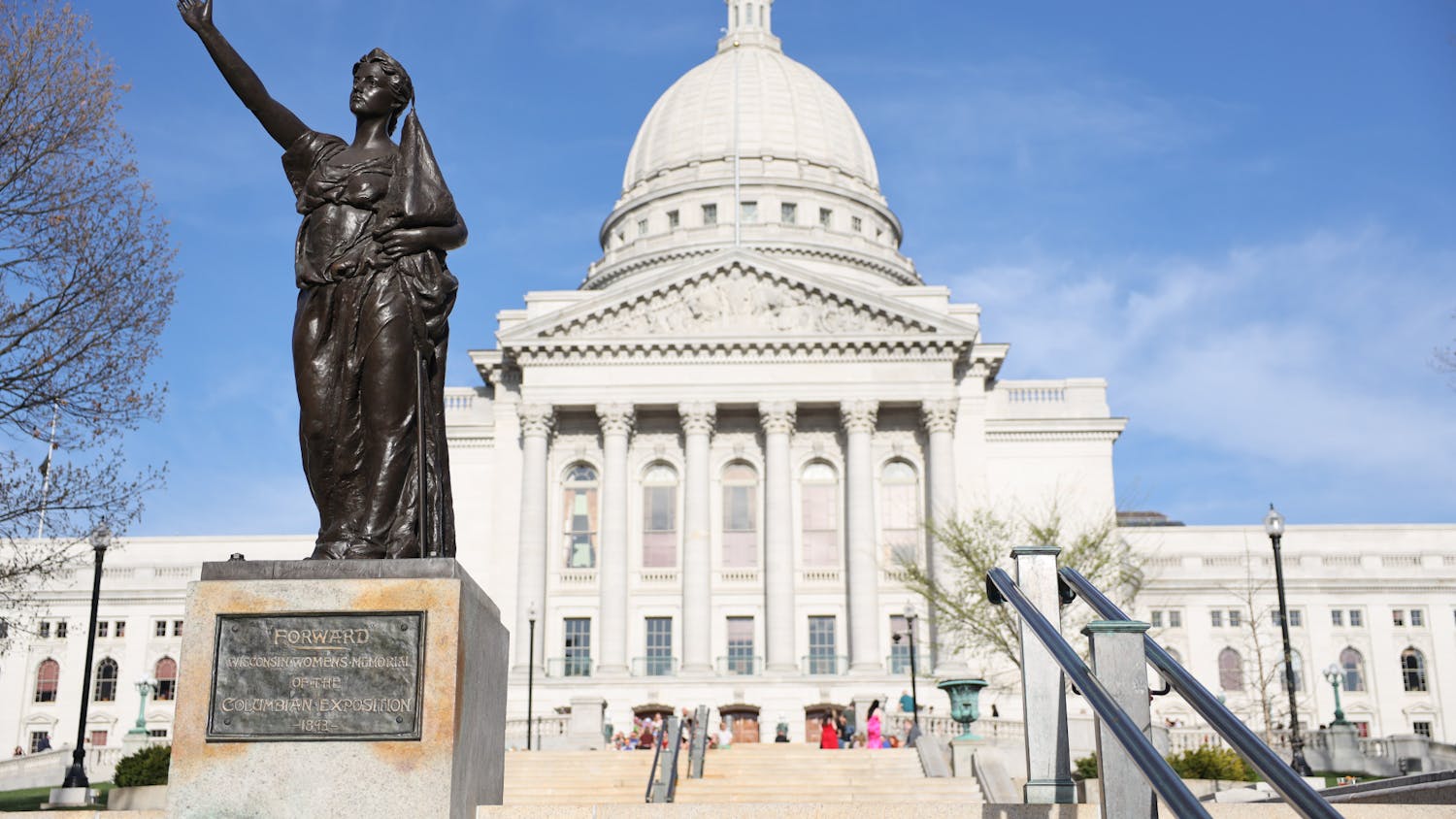Interim Vice Provost for Diversity and Climate Patrick Sims conducted the first of four campus-wide sessions on the Diversity Framework Thursday, in an effort to update members of the UW-Madison community on the Framework’s progress.
Enforced by six campus committees, the Framework includes 18 initiatives to be completed in a set of three phases across 10 years.
Sims said his indication of a successful Framework is the completion of the 18th initiative, to have UW-Madison be a leader within the Committee on Institutional Cooperation, a coalition of Big Ten Universities and the University of Chicago that collaborates on various programs.
“If we did that, we’d be doing fantastic,” Sims said. “That in essence summarizes the rest of the document.”
Another key step includes having students take their required ethnic studies class within their first 60 credits earned at UW-Madison, so the the information they learn can be shared on campus early on. The University Academic Planning Council approved the idea, according to Sims.
“It’s funny because we think we’re behind in times, but there are other institutions that don’t even have an ethnic studies requirement,” Sims said.
With Gov. Scott Walker’s proposed state budget placing a $300 million cut on the UW System, Sims said the “money crunch” will not inhibit the Framework’s implementation.
“I don’t see us stopping those efforts,” Sims said. “I think the hard question that we have to contend with is before they put new money in it, we want to make sure the money that’s already in there is working well.”
Sims said on behalf of the Office of the Vice Provost for Diversity & Climate they want to present hard data demonstrating the results of the Framework to the administration for continued funding.
“Qualitative data, although effective, [is] not always the information that I think people feel most confident making huge monetary decisions on, because it’s very subjective,” Sims said.
He said he thinks the Associated Students of Madison should spread word of diversity initiatives on campus to increase student involvement.
“It’s the leadership of ASM that ought to be championing and making sure that diversity is a priority. When we say diversity, it’s such a loaded word … But if we’re really talking about diversity of thought and living experience and learning styles, diversity in its truest sense… if others are helping to reinforce that message and being clear that there are spaces for majority students to participate in that conversation, that would make my life a lot easier,” Sims said.
ASM Chair Genevieve Carter said student government can get further involved in spreading diversity on campus by getting other students interested in student organizations.
“I know for a fact the leadership of ASM is incredibly supportive of these initiatives,” Carter said. “I also think the most important thing we should be focusing on is students who aren’t already involved in student organizations or ASM because oftentimes those are the students who are most often left out of conversation.”
The session ended with an open forum where Sims took questions from attendees surrounding the next steps of the Framework.





